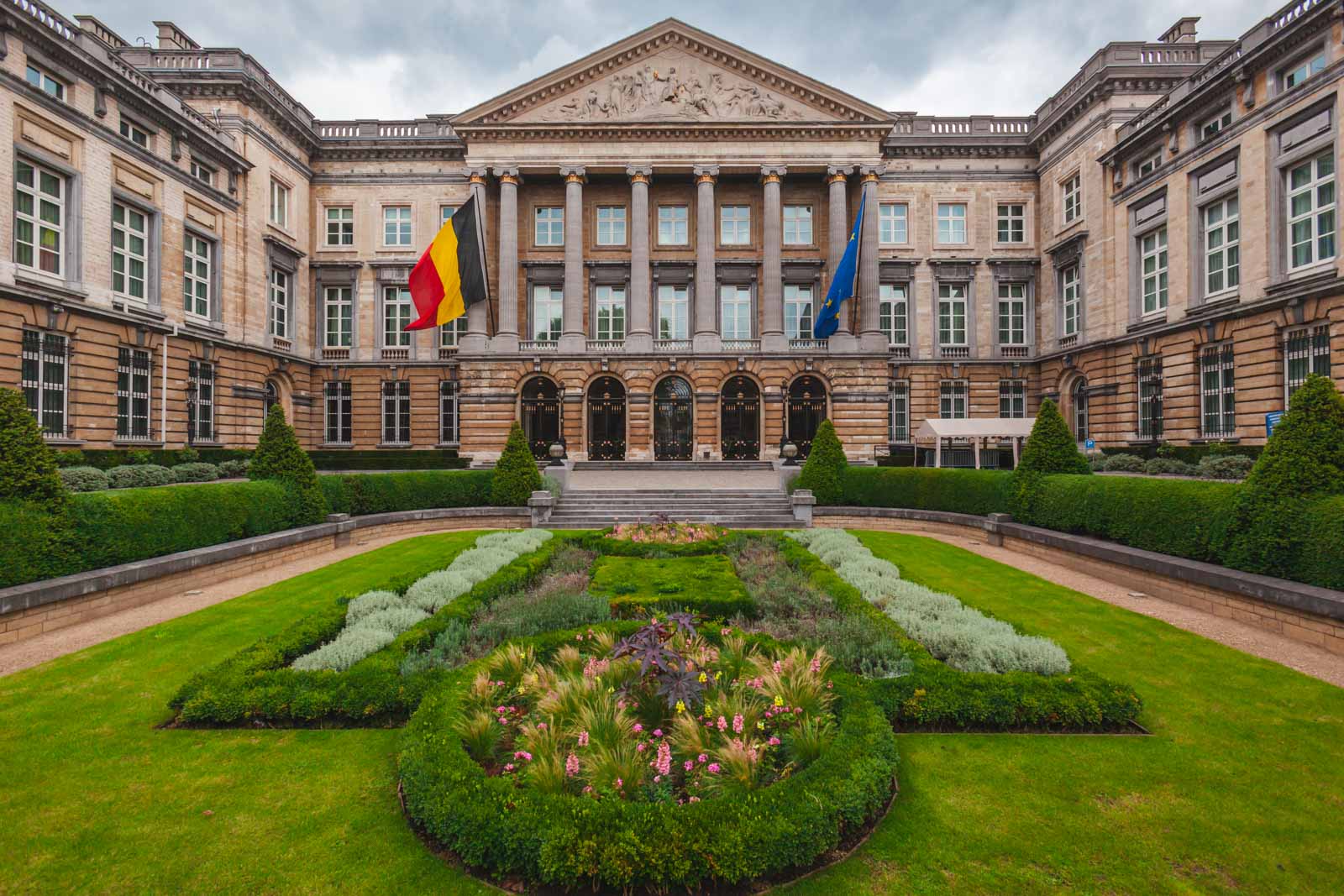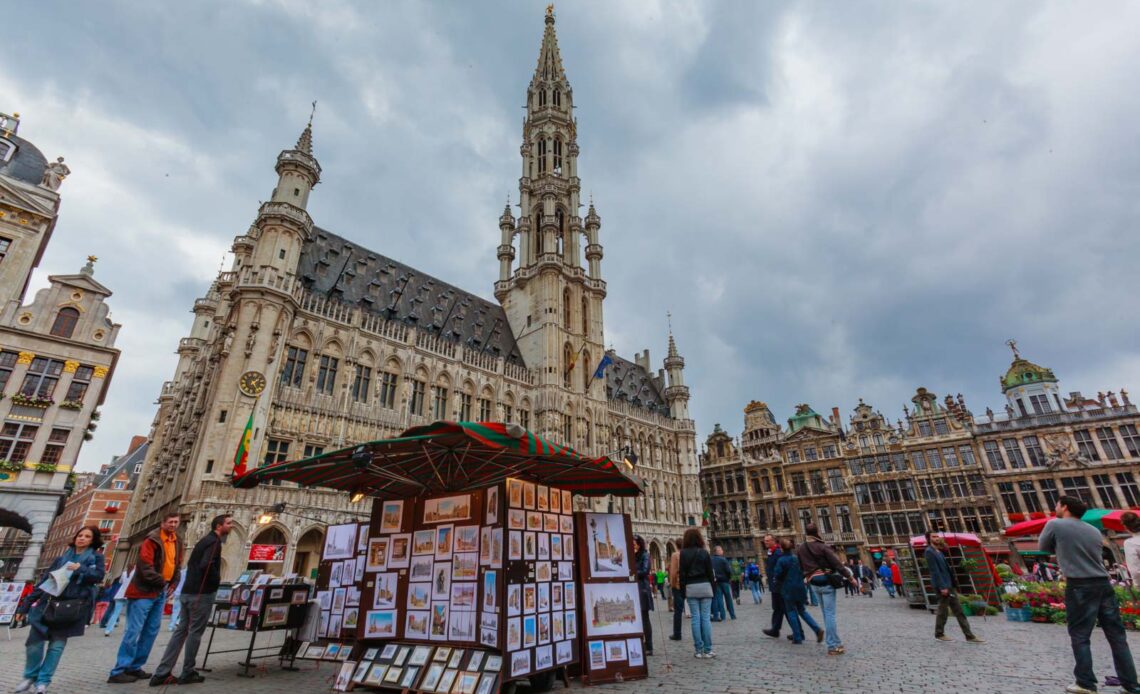Did you know that Belgium is more than just a small European country known for chocolate and beer? Let’s explore its royal family, diverse culture, and enchanting natural surroundings – we’ll uncover 26 remarkable facts about this beautiful nation. From playing an important role in global politics to boasting stunning landscapes waiting to be explored. There are lots of surprises hidden within the boundaries of Belgium which will make you want to visit it for yourself.
Interesting Facts About Belgium
- Belgium has a rich history, culture, and monarchy dating back to the 10th century.
- Belgian chocolates, waffles, and beer are renowned around the world.
- Explore unique attractions like Manneken Pis & Atomium or discover natural wonders such as the Ardennes Forest & Belgian Coast.
The Belgian flag symbolizes the nation’s long history, unity, and legacy of over 1,000 years. Its varied culture has produced UNESCO World Heritage Sites all across the country. Exploring them reveals a wealth of secrets from bygone eras. Whether touring through its cobblestone cities or taking in majestic scenery, there is much to discover about this delightful land and its past.

1. Belgian Monarchy
The Belgian royal family, headed by King Philippe and Queen Mathilde, have been living at the Royal Palace of Laeken for generations – reflecting on a legacy that dates back to Belgium’s first monarch King Leopold I in 1831. They act as an important symbol of unity and continuity throughout the nation and its past with regard to its colonial empire.
Every year on November 15th, Belgians come together nationwide to celebrate King’s Day, which is solely dedicated to honoring this iconic monarchy along with all it stands for regarding the country’s history.
2. Multilingual Nation
Belgium’s impressive multilingualism is one of its most remarkable features, as it consists of three official languages – Dutch, French, and German. The division in these different language areas can be noticed especially in the regional names. If you are visiting Belgium’s Flemish (Belgian dutch speaking) parts or Walloon (Belgian french speaking) ones, even more so if you arrive at a region with German speakers: each has distinct nomenclature that reflects not only Belgian history but also its identity as an international hub for cultural exchange!
3. UNESCO World Heritage Sites
Exploring Belgium with its magnificent UNESCO World Heritage Sites will give you a glimpse of…
Click Here to Read the Full Original Article at The Planet D: Adventure Travel Blog…
